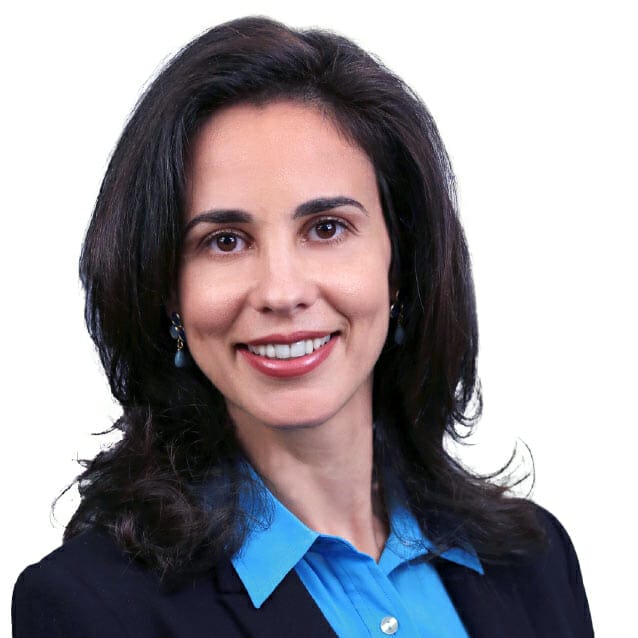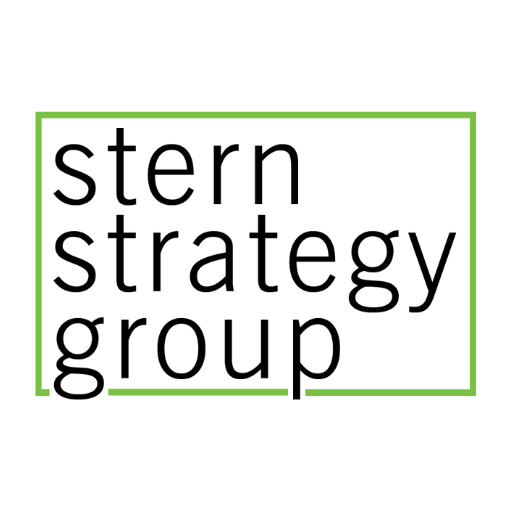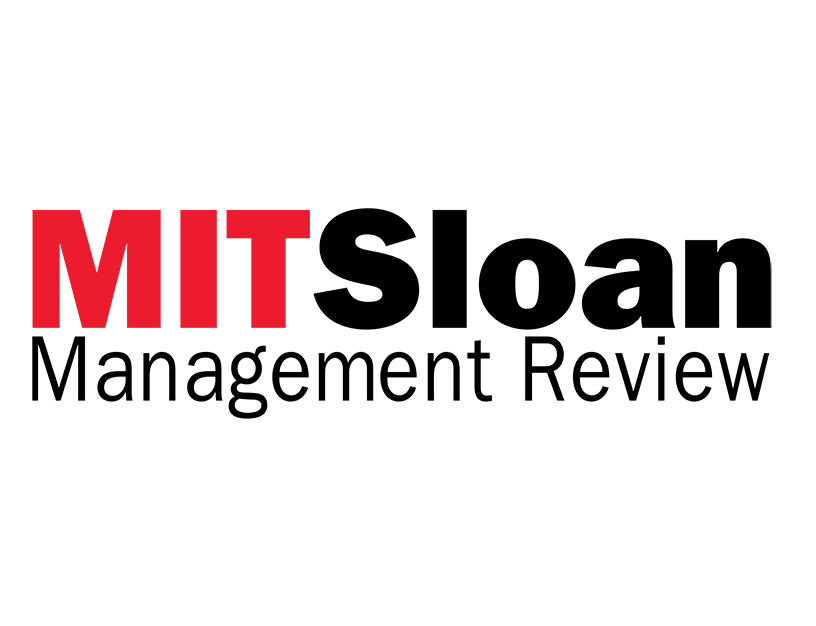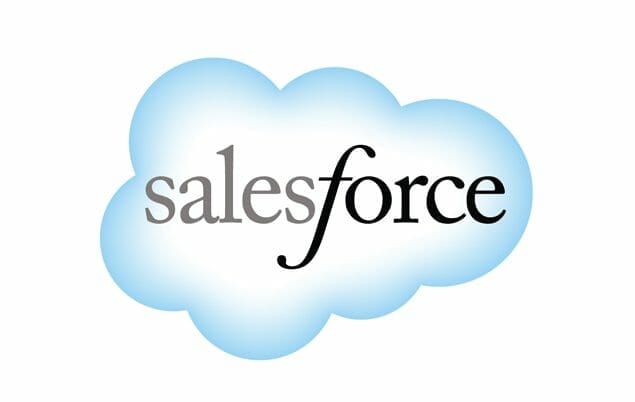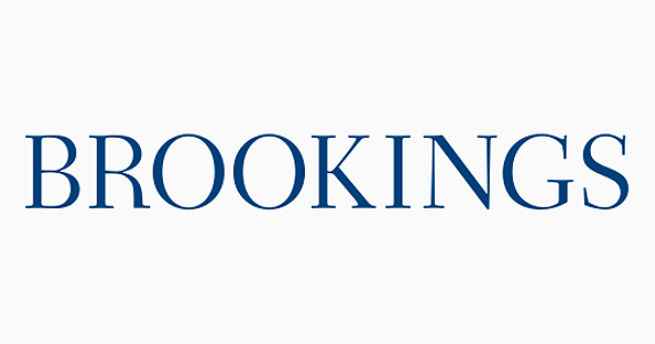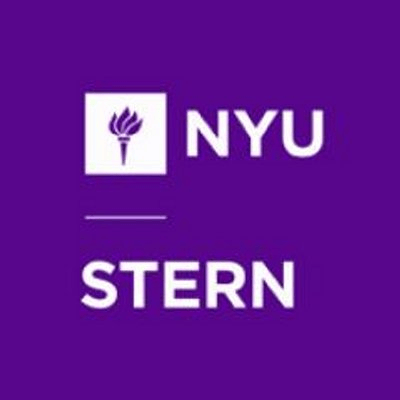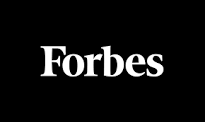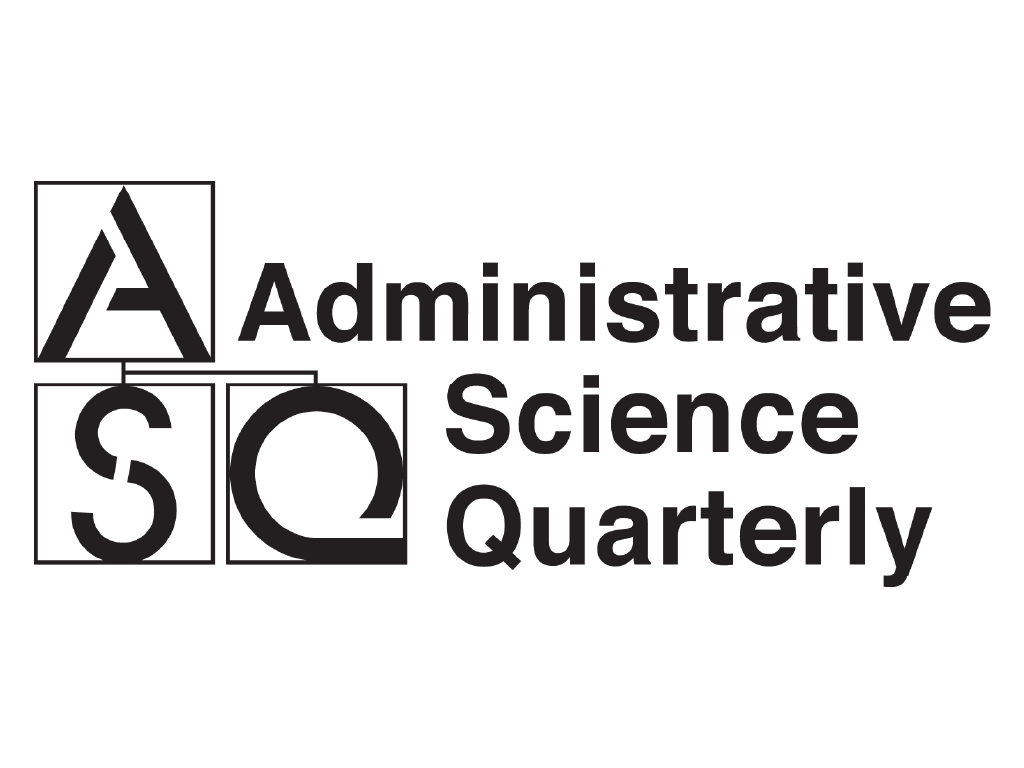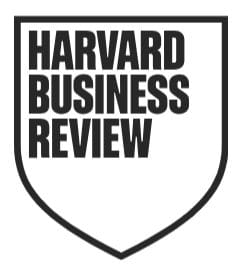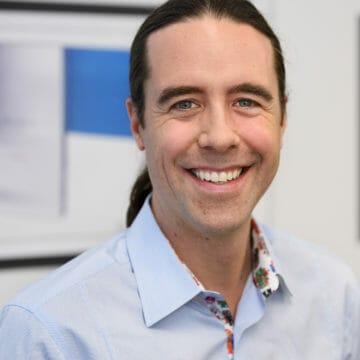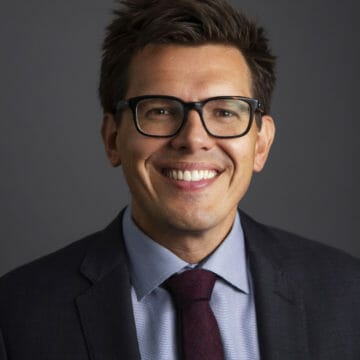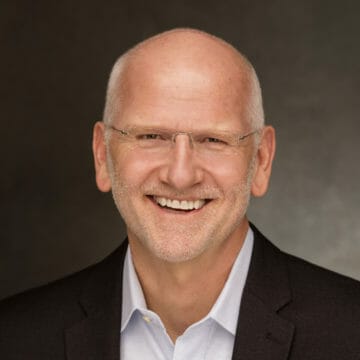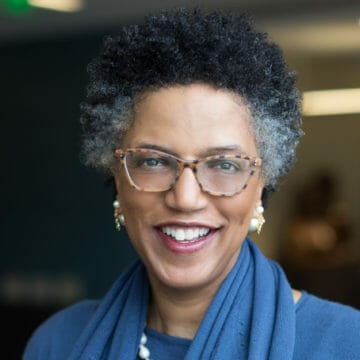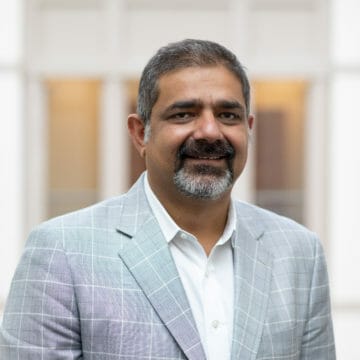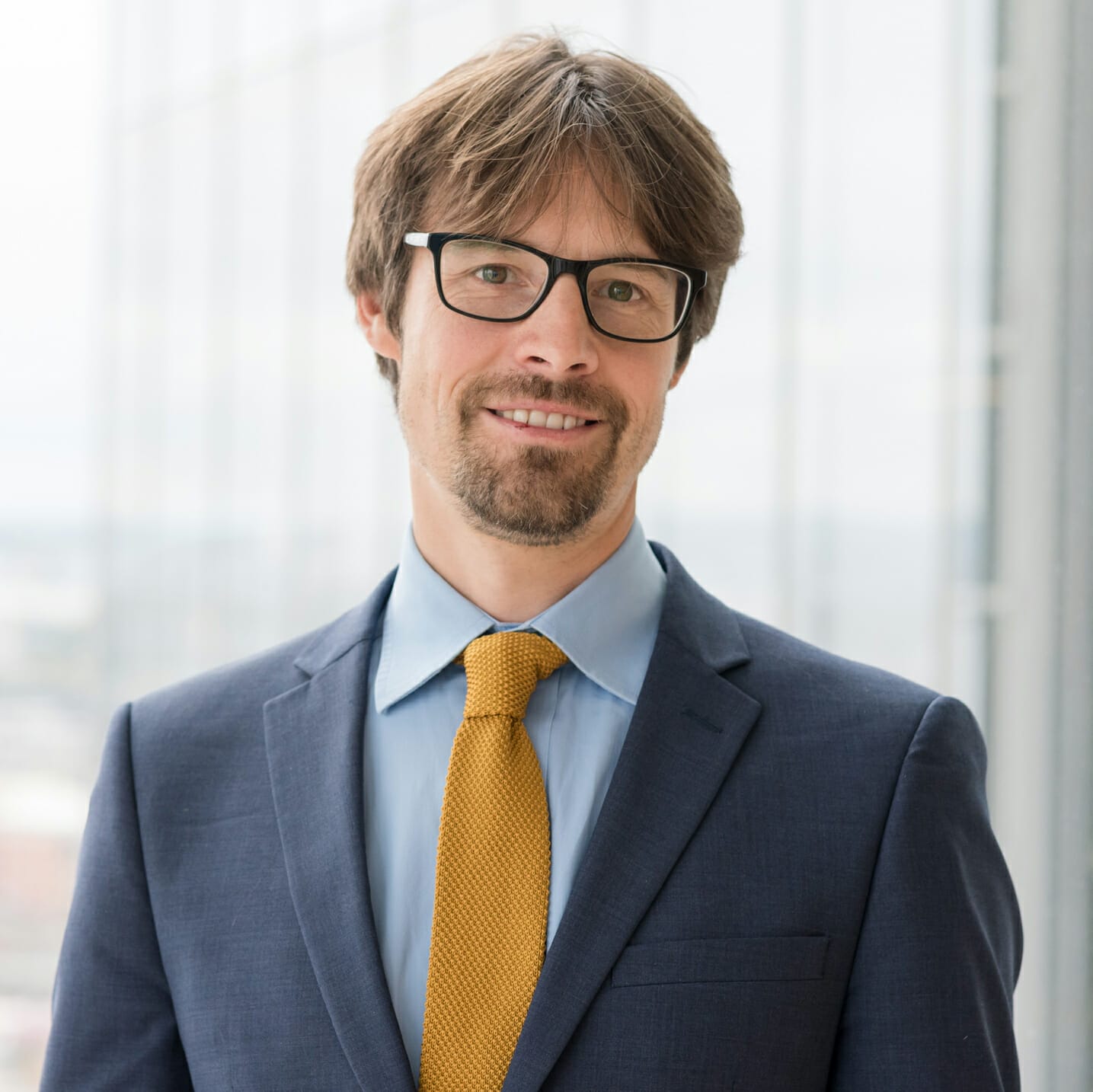Videos
Learn More About Hila Lifshitz-Assaf
How do organizations accelerate and maintain an innovative edge in the face of tech disruption? Companies that are still keeping the innovation process solely in-house are missing out on vast resources of knowledge, says Hila Lifshitz-Assaf, award-winning researcher, Warwick Business School professor of management and Harvard Laboratory for Innovation Science visiting faculty.
A global authority on leveraging digitization and artificial intelligence (AI) whose research is taught to executives and MBA students around the world, she urges leaders to embrace outside knowledge work to accelerate innovation leadership and gain a rapid understanding of working with emerging technologies, especially AI systems.
Lifshitz-Assaf showed the great advantages of an open innovation process through research with one of the most iconic innovation organizations in the world – NASA. In a three-year study at NASA’s Space Life Sciences Directorate, she uncovered that an open innovation model that brings in outside voices resulted in faster technological solutions than a traditional internal-only model. Through a practical framework for including a variety of voices throughout the innovation process, Lifshitz-Assaf demonstrates that leaders can efficiently leverage new technologies that will allow their organization to lead, not follow.
“By opening the process of innovation, you create a distributed network model,” explains Lifshitz-Assaf, winner of the 2023 Impact to Innovation Award from the International Society of Service Innovation Professionals. “Doing so will allow organizations to be leaders in knowledge work innovation instead of responding to what competitors are doing.”
Let Disruptive Technology Uncover the “Why” of an Organization
When an emerging technology disrupts an organization, before deciding whether to adopt it or not, Lifshitz-Assaf encourages leaders to zoom out of the “how” of what their organization does and the impact that new technology will have on the process, and instead focus on the “why.”
“The ‘how’ of what we do as professionals has become attached to the emotional part of who we are as individuals. Then, once we feel like new technology is threatening the ‘how’ process, we feel it as threatening to us personally,” she explains. “But that’s not necessarily the case. Think back to your schooling and the expertise you developed through your studies that led you to joining a specific profession. We all have a bigger ‘why’ that drew us to what we do in the first place.”
By applying a three-step framework that helps to identify the purpose, or the “why” within an organization, Lifshitz-Assaf empowers leaders to see the future of work as one that allows technology to augment knowledge experts, not replace them.
Take Control of Artificial Intelligence Tools
One of the emerging technologies that has had the biggest impact on business and society has been AI. But, Lifshitz-Assaf says, AI systems aren’t one size fits all, and managers should be an active part of the process of evaluating systems that may or may not deliver what an organization requires.
“Whether to trust AI with critical decisions is the wrong question,” she advises. “Trust is emotional. Leaders need to know how AI is built and how it works to understand it. Organizations need to move from a passive mode of just consuming AI to a more proactive mode of demanding the ways they want the AI to be designed that will lead to the best results.”
Through her ability to relate to leaders’ daily challenges with memorable, illustrative examples and anecdotes, Lifshitz-Assaf empowers managers to take control of emerging technologies to become innovation leaders who consistently widen the competitive gap.
###
Hila Lifshitz-Assaf is professor of management at Warwick Business School and a Harvard Laboratory for Innovation Science visiting faculty. Her research focuses on developing an understanding of the foundations of innovation and knowledge creation processes in the digital age. She explores how the ability to innovate is being transformed, as well as what the transformation means for R&D organizations, professionals and their work. Her three-year longitudinal field study of NASA’s experimentation with open innovation online platforms and communities received the best dissertation Grigor McClelland Award at the European Group for Organizational Studies (EGOS) 2015, Best Administrative Science Quarterly (ASQ) paper based on dissertation (2018), and best published paper elected by the organizational communication and information systems division of the Academy of Management (2018).
A winner of the 2023 Impact to Innovation Award from the International Society of Service Innovation Professionals, her work has received the prestigious INSPIRE grant from the National Science Foundation and has been presented and taught at a variety of institutions including MIT, Harvard, Stanford, INSEAD, Wharton, London Business School, Bocconi, IESE, UCL, UT Austin, Columbia and Carnegie Mellon. She received the Industry Studies Association Frank Giarrantani Rising Star award and the Industry Research Institute grant for research on R&D.
Lifshitz-Assaf earned a doctorate from Harvard Business School, an MBA from Tel Aviv University, magna cum laude, a BA in Management and an LLB in Law from Tel Aviv University, Israel, both magna cum laude.
Hila Lifshitz-Assaf is available to advise your organization via virtual and in-person consulting meetings, interactive workshops and customized keynotes through the exclusive representation of Stern Speakers & Advisors, a division of Stern Strategy Group®.
Tech Leadership Through Open Innovation
With emerging technologies appearing at the forefront of business at breakneck speed, being a leader in knowledge work is more strategically important than ever. Through open innovation models, multiple types of knowledge boundaries are dismantled to facilitate learning, cross-disciplinary collaborations and real-time access to research results. In this informative session, Warwick Business School professor of management and Harvard Laboratory for Innovation Science visiting faculty Hila Lifshitz-Assaf uses real-world examples to show that being a leader in technology change requires an opening of the innovation process. Leaders will gain valuable insight into how embracing outside voices will advance organizational knowledge and lead to breakthroughs that wouldn’t have been possible with an internal-only innovation approach.
Embracing AI to Augment Human Expertise is the Optimal Future of Work
Few technology topics have been as top-of-mind lately as artificial intelligence. The impacts of AI on the future of work are already being felt in a myriad of ways, so how can organizations leverage AI and human expertise to create more innovative results? In this eye-opening presentation, innovation management expert and Warwick Business School professor Hila Lifshitz-Assaf uses vivid examples from a variety of industries to show how the future of work won’t be about replacing humans with AI systems, but will be driven by allowing AI to augment and maximize human efficiency. Lifshitz-Assaf will apply her “You Have a Choice” framework to illustrate how work is already changing thanks to remote teams, online labor markets and AI. Attendees will walk away with a new appreciation for the ways productivity, quality and speed will continue to be enhanced by embracing AI systems alongside human expertise.
A Framework for Evaluating New Technology Through “Why,” Not “How”
Emerging technologies can be disruptive in a number of ways, including through causing individuals to question their roles at work. How can leaders keep workers’ mindsets positive when their work is being disrupted by new technology? In this engaging session, technology strategy expert Hila Lifshitz-Assaf, Warwick Business School professor of management and Harvard Laboratory for Innovation Science visiting faculty, explains that before adopting new technologies, leaders should zoom out of the question of “how” work is done within an organization to focus on the fundamental “why” of the organization’s mission. By applying a three-step framework, leaders will be able to reframe conversations around adopting new technologies to focus on organizational purpose instead of threatening individual identity.
Evaluating AI Tools For Critical Decisions
According to Hila Lifshitz-Assaf, Warwick Business School professor of management and Harvard Laboratory for Innovation Science visiting faculty, whether or not to trust AI systems with critical decisions is the wrong question for leaders to ask. In this informative session, she explains why it’s vital for leaders to evaluate and interrogate different AI tools. Organizational leaders will learn that moving from a passive mode of just consuming AI to a more proactive mode of demanding the ways they want the AI to be designed, especially when handling critical decisions, will lead to the best results and optimal system performance.
Maintaining a Competitive Edge in the Face of Technological Disruption
When emerging technologies disrupt industries, organizations don’t have to be relegated to following in the footsteps of their competitors. In this engaging presentation, Hila Lifshitz-Assaf, professor of management at Warwick Business School and Harvard Laboratory for Innovation Science visiting faculty, reveals that organizations can maintain innovation leadership by adopting simple principles. By opening the process of innovation and leveraging new technologies like AI, leaders can create a more innovative knowledge work process that will set their organization on a path of leadership in the ever-changing landscape of emerging technologies and innovation competition.
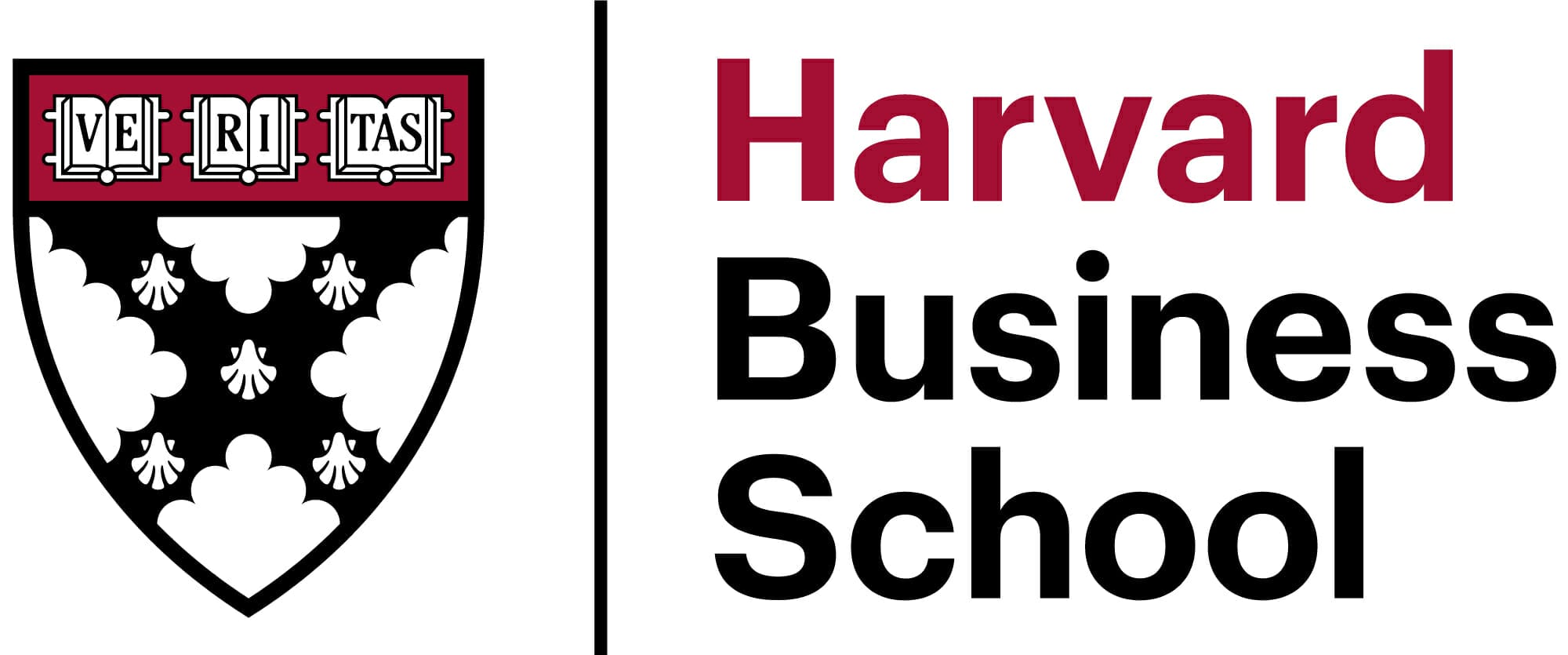
Navigating the Jagged Technological Frontier: Field Experimental Evidence of the Effects of AI on Knowledge Worker Productivity and Quality
(Harvard Business School, September 2023)

Is AI Ground Truth Really ‘True’? The Dangers of Training and Evaluating AI Tools Based on Experts’ Know-What
(Management Information Systems Quarterly, May 2021)
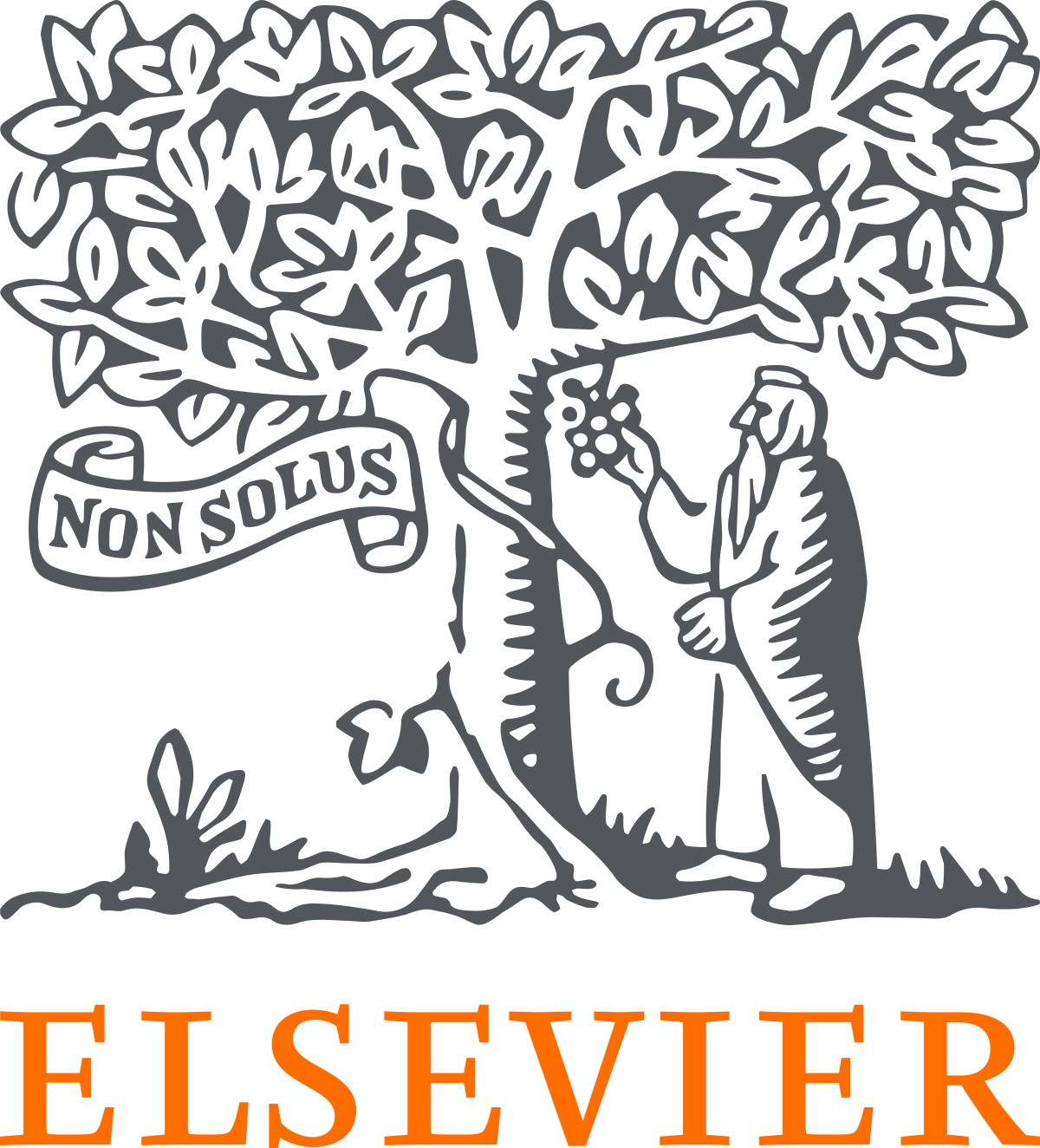
Crisis as Opportunity, Disruption and Exposure: Exploring Emergent Responses to Crisis Through Digital Technology
(Information and Organization, March 2021)

Minimal and Adaptive Coordination: How Hackathons’ Projects Accelerate Innovation without Killing it
(Academy of Management Journal, April 2020)
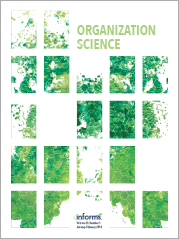
To Engage or Not to Engage with AI for Critical Judgments: How Professionals Deal With Opacity When Using AI for Medical Diagnosis
(Organization Science, November 2019)
The Impact of New Technologies on Experts and Their Work
Hila Lifshitz-Assaf, award-winning researcher on innovation strategy and the future of work, Warwick Business School Professor of Management, and Harvard Laboratory for Innovation Science visiting faculty, helps organizations plan for work disruptions from new technologies and open the innovation process to advance organizational knowledge that can lead to new breakthroughs. With engaging interactive workshops designed for all leadership levels, from senior executives to “high potentials” being groomed for the C-suite, she empowers leaders to improve the innovation and AI system adoption processes. Each session can be customized to meet the needs and goals of your organization with the added option of meeting virtually or in person. Topics covered in Lifshitz-Assaf’s half- and full-day workshops can include:
- Tech Leadership Through Open Innovation
- Embracing AI to Augment Human Expertise is the Optimal Future of Work
- Evaluating New Technology Through “Why” Not “How”
- Evaluating AI Tools For Critical Decisions
- Maintaining a Competitive Edge in the Face of Technological Disruption
